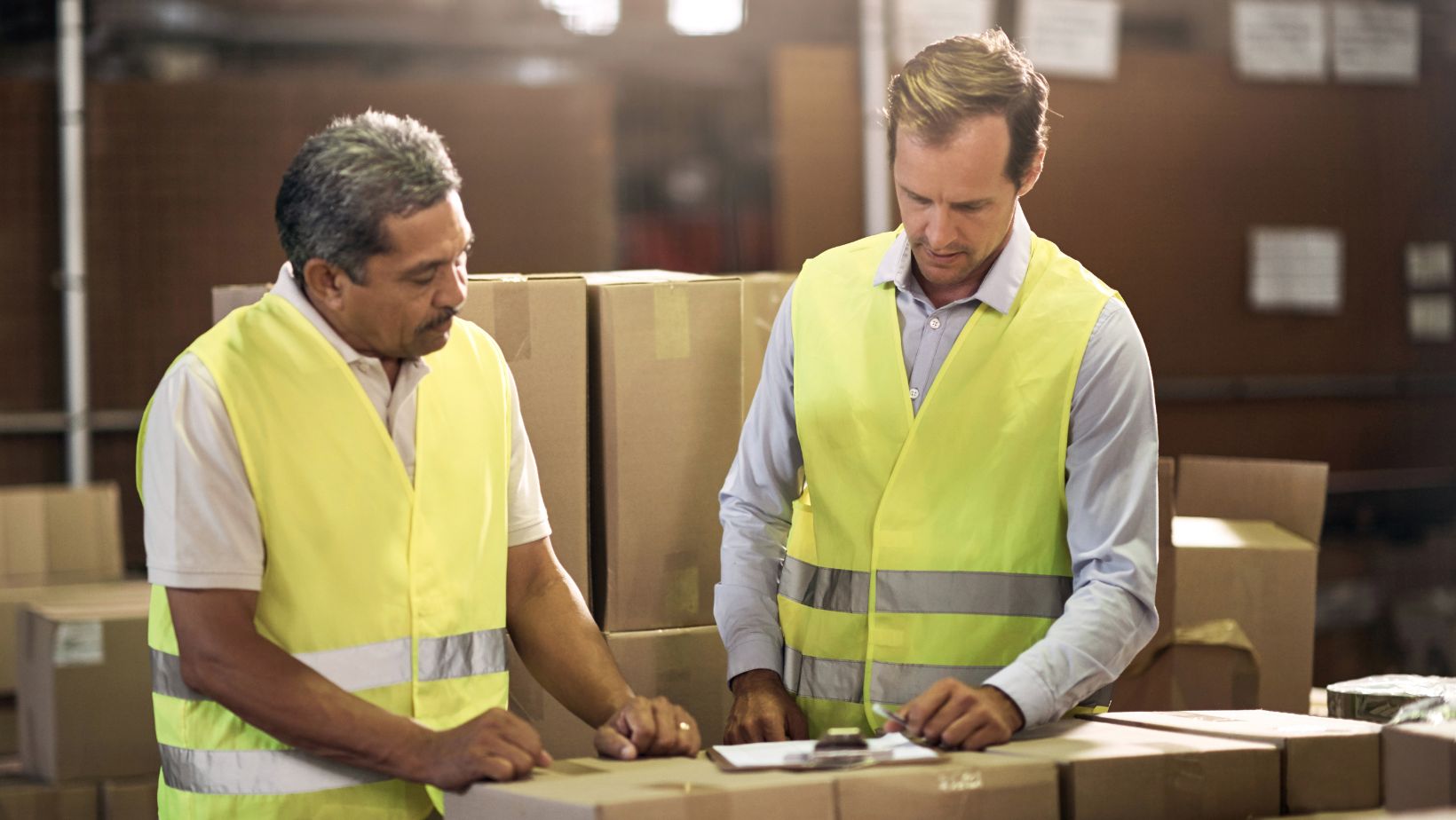Table of Contents
Toggle
Consumer expectations are shifting faster than ever, reshaping how businesses operate and connect with their customers. Technology has revolutionized everyday life, giving shoppers instant access to products, services, and endless information.
Add to this the influence of cultural changes and the transparency brought by social media, and it’s clear that today’s buyers expect more than just good products. Understanding why these changes are happening is key for businesses that want to thrive and succeed.
Below, we will discuss some of the different reasons so that you can stay ahead of the competition. Let’s begin.
Technological Advancements
Technology is at the heart of the transformation in consumer expectations. Innovations like smartphones, artificial intelligence, and advanced logistics have streamlined the way we shop, communicate, and interact.
From instant payment processes to same-day delivery (such as that offered by these atlanta couriers), technology has made convenience the new standard. Buyers now expect a seamless experience across all touchpoints, whether in-store, online, or through mobile apps.
Increased Access to Information
Technology has also provided us with a wealth of information at our fingertips. Today’s customers don’t rely solely on advertising – they research products, compare reviews, and seek expert opinions before making decisions.

This rise in transparency has made consumers more discerning and less tolerant of misleading claims and subpar quality. Companies are expected to be honest and responsive, as people are quick to switch loyalties if they sense inconsistency or a lack of authenticity.
Demand for Personalized Experiences
Gone are the days of a one-size-fits-all approach. Customers expect experiences tailored to their individual needs and preferences.
Thankfully, advances in data analytics and machine learning have made personalization easier than ever. Whether it’s recommendations based on past behavior or targeted marketing campaigns, personalization makes customers feel valued and understood.
The Influence of Social Media
Social media has redefined the relationship between consumers and businesses. Platforms like Instagram, Twitter, and TikTok provide people with a direct line to brands, as well as a space to share their experiences – positive or negative.

A single viral post can significantly impact a brand’s reputation, making customer-centric strategies essential. Additionally, social media exposes consumers to emerging trends, further changing expectations.
Shifts in Cultural Values
Lastly, modern cultural shifts have also influenced what we expect from businesses. There’s an increasing demand for companies to align with ethical and sustainable practices.
Issues like climate change, social justice, and fair labor practices now play a significant role in buying decisions. Consumers, particularly younger generations, want to support brands that reflect their values. Businesses must adapt to these expectations by being transparent about their practices and actively contributing to positive societal change.
Final Words
Consumer expectations are evolving at a rapid pace, driven by technology, cultural shifts, and increased access to information. To stay competitive, businesses must not only understand these changes but also proactively adapt their strategies to exceed new demands.
By leveraging technology and creating personalized experiences, companies can meet the needs of the modern consumer while securing long-term loyalty.















